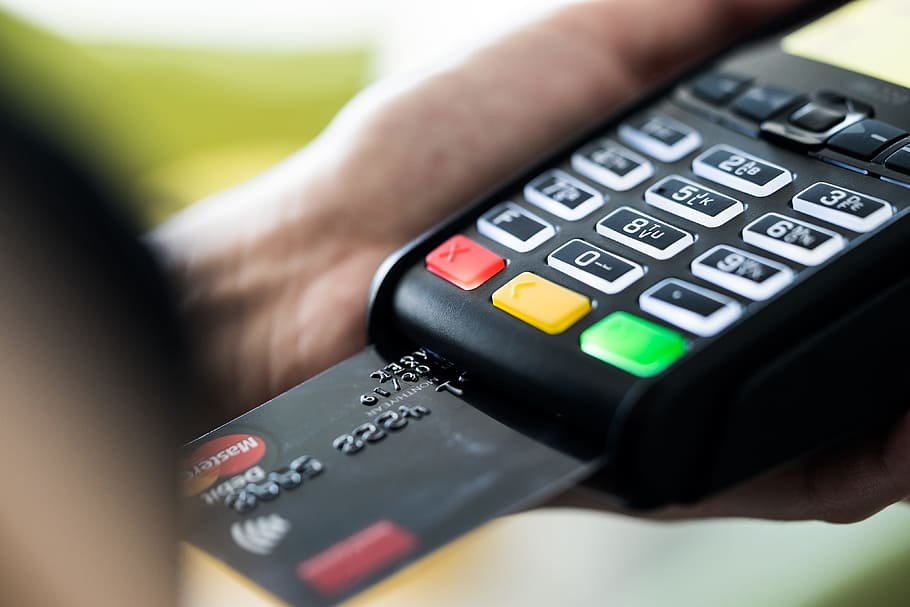
“Navigating the Ebb in Credit Card Confidence: A Look at the LendingTree Credit Card Confidence Index”
The LendingTree Credit Card Confidence Index, a key metric tracking consumer sentiments regarding their ability to pay off credit card balances, recently hit an all-time low of 51% in December. This significant dip in confidence, observed in a nationally representative survey of 1,514 cardholders, unveils a concerning trend in the financial landscape, particularly as the nation emerges from the holiday season.
Current Economic Landscape: As credit card confidence wanes, other industry metrics reveal contrasting trends. The national credit card balance has surged to a record $1.08 trillion, while the average interest rate has reached 21%, marking the highest point recorded by the Federal Reserve in nearly three decades. Some retail cards now charge interest rates exceeding 30%. These indicators highlight the financial challenges faced by consumers amidst growing debt, rising inflation, and elevated interest rates.
Credit Card Debt Trends: LendingTree’s index aligns with broader industry warnings about escalating credit card debt. A Bankrate survey in mid-2023 found that 47% of cardholders carried debt from month to month, up from 39% at the end of 2021. The average card customer now holds $6,088 in debt, a notable increase from $5,474 in the same period of the previous year. This suggests a growing number of individuals carrying higher debt loads for extended periods, with no imminent reversal anticipated.
Gender Disparities in Confidence: Women are notably more concerned about credit card debt, as demonstrated by the recent plunge in the LendingTree index. Only 40% of women expressed confidence in paying off their card balance in December, compared to 64% of men. While this gap is significant, it aligns with a consistent trend over five years, where women have consistently voiced less confidence than men. Analysts posit that women may adopt a more conservative financial approach, particularly during the holidays, where traditional roles as gift-givers and domestic managers may contribute to increased spending.
Future Outlook and Recommendations: Despite the current challenges, industry analysts anticipate a potential easing of card rates in 2024, especially if the Federal Reserve follows through on its forecast of modest rate cuts. However, even a two-point drop in average card rates would still leave rates historically high at around 19%.
For consumers grappling with high-interest card debt, financial experts suggest considering strategies such as transferring balances to zero-APR cards, which offer interest-free periods. Consumers with weaker credit scores can explore nonprofit options like the Consumer Credit Counseling Service, known for negotiating lower interest rates. Implementing simple rules, such as charging only what can be repaid monthly and setting up automatic payments, can contribute to better financial management.
As the holiday season accentuates financial challenges, the LendingTree Credit Card Confidence Index provides valuable insights into consumer sentiments. Navigating this period of heightened credit card debt requires a strategic approach, emphasizing financial literacy, debt management strategies, and proactive measures to address individual circumstances.

